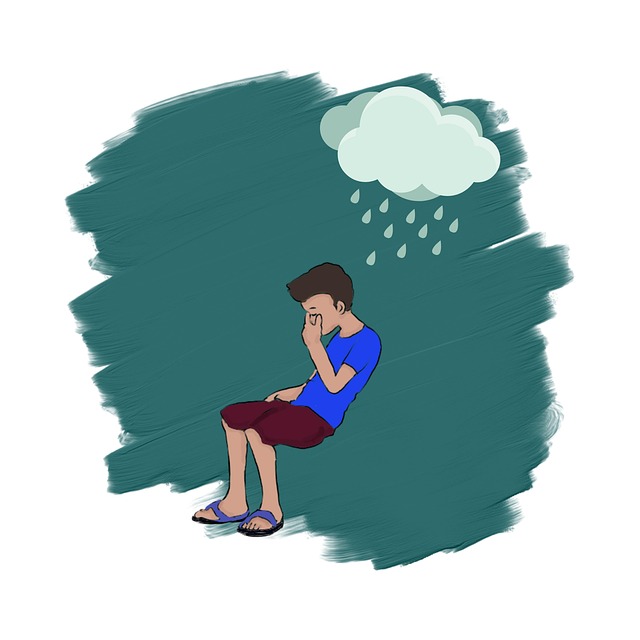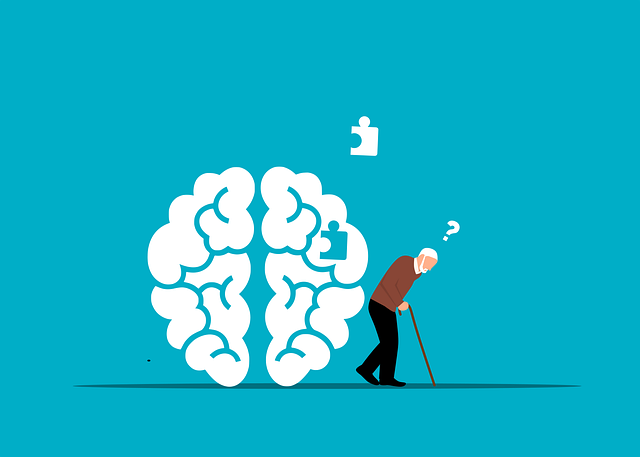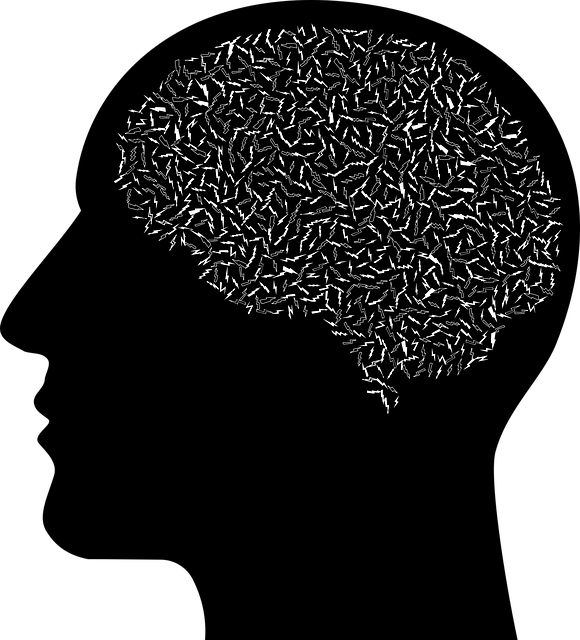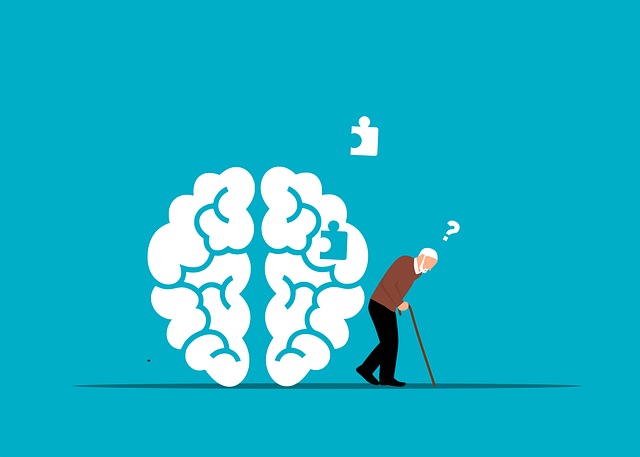Blended families face unique mental wellness challenges due to diverse emotional needs and experiences. Tailored therapy and mental wellness coaching programs offer solutions, focusing on stress management, communication improvement, and healthier relationships. Developing AI-guided journaling apps with mood tracking, backed by evidence-based practices like CBT or family systems theory, can enhance accessibility and support for these families. Privacy, security, and ethical considerations are vital to ensure a safe and effective digital therapy experience that fosters trust and improves mental wellness outcomes. Therapy for Blended Families leverages these strategies for better emotional well-being.
Mental wellness app development tailored for blended families is a growing need in today’s diverse society. With unique dynamics and challenges, these apps must offer therapeutic support that addresses specific family structures. This article explores key considerations, from understanding the distinct needs of blended families to incorporating evidence-based practices. We delve into essential features for a therapy-focused app, emphasizing privacy, security, and ethical standards, ensuring effective and responsible mental health support. Discover how technology can revolutionize therapy access for blended families.
- Understanding the Unique Needs of Blended Families
- Key Features for a Therapy-Focused App
- Incorporating Evidence-Based Practices
- Privacy, Security, and Ethical Considerations
Understanding the Unique Needs of Blended Families

Blended families, consisting of individuals with children from previous relationships, present unique challenges when it comes to mental wellness. Each family member may have distinct emotional needs and experiences that require tailored support. Many blended families struggle with issues such as step-parent acceptance, sibling dynamics, and adjusting to shared routines, all of which can impact overall well-being. Therapy for blended families is essential in addressing these complexities.
The development of mental wellness coaching programs specifically designed for these families can be transformative. By focusing on inner strength development and mindfulness meditation techniques, coaches can help individuals navigate the intricacies of their family structures. Such programs empower blended family members to manage stress, improve communication, and foster healthier relationships, ultimately enhancing overall mental wellness.
Key Features for a Therapy-Focused App

In the realm of mental wellness app development, creating a therapy-focused application tailored for blended families is a specialized task. Such apps should serve as a supportive tool to facilitate family therapy and individual counseling within the unique context of blended households. Key features include integrating mental wellness journaling exercises guided by AI or experienced therapists to encourage self-reflection and emotional processing among all family members. This promotes open communication, especially when coupled with mood management techniques designed to help each individual track and regulate their emotions effectively.
Furthermore, incorporating resources for healthcare provider cultural competency training is vital. These educational components ensure that both the app’s developers and users understand and respect diverse cultural backgrounds, fostering an inclusive environment that encourages participation in therapy sessions. By combining these features, mental wellness apps can revolutionize the accessibility of therapy for blended families, offering discrete, convenient, and personalized support to navigate complex emotional landscapes.
Incorporating Evidence-Based Practices

Incorporating evidence-based practices is paramount when developing mental wellness apps, especially considering the diverse needs of modern users, such as those in blended families seeking therapy. Apps should leverage research-backed methodologies to offer effective support tailored to specific challenges like step-parent dynamics and co-parenting issues. By integrating techniques from cognitive-behavioral therapy (CBT) or family systems theory, for instance, apps can provide valuable tools for improving communication, resolving conflicts, and fostering healthier relationships within blended households.
Moreover, mental wellness apps have the potential to augment traditional therapy sessions, particularly when integrated with burnout prevention strategies for healthcare providers and trauma support services. They can offer accessible resources, between-session exercises, and continuous engagement to reinforce positive behavioral changes. Additionally, public awareness campaigns development could be enhanced through app functionality, disseminating information on mental health, reducing stigma, and encouraging users to seek help early.
Privacy, Security, and Ethical Considerations

Privacy, security, and ethical considerations are paramount in mental wellness app development, especially when catering to diverse populations like blended families seeking therapy. As users share intimate personal details, robust data protection measures must be in place to safeguard information from unauthorized access or breaches. This includes end-to-end encryption, secure storage, and transparent data usage policies that comply with relevant regulations, such as HIPAA (Health Insurance Portability and Accountability Act) for healthcare apps.
Moreover, cultural sensitivity is crucial. Apps should be designed to accommodate the unique needs of blended families, recognizing the impact of their diverse backgrounds on mental health. Incorporating features that promote resilience building and burnout prevention strategies for healthcare providers can further enhance the app’s effectiveness. Additionally, ensuring a user-centric design approach that respects individual preferences while adhering to ethical guidelines is essential in fostering trust and encouraging consistent use, ultimately contributing to improved mental wellness outcomes for blended family members.
The development of mental wellness apps, tailored specifically to the needs of blended families, offers a promising approach to enhancing family therapy. By incorporating evidence-based practices and prioritizing privacy, security, and ethical considerations, these apps can provide accessible and effective support. With the right features, such as personalized tools, interactive exercises, and secure communication, a therapy-focused app can revolutionize how blended families access and engage with mental health services, fostering healthier and more connected households. This innovative use of technology has the potential to significantly improve Therapy for Blended Families and make professional support more accessible to those who need it.














